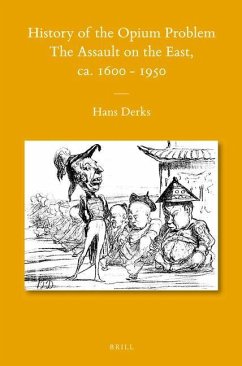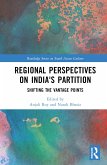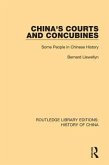This is the first scholarly study in which the production, trade and political effects of opium and its derivatives are shown over many centuries, and in many countries (China, India, Indonesia, Japan, all Southeast Asian countries and some in Europe and the Americas). Starting in the 16th century, slavery and opium became the two means with which the bodies and souls of men and women in the tropics were exploited in western imperialism and colonialism. The first waned with the abolition movement in the 19th century, but opium production and trade continued to spread, with the associated serious social and political effects. Around 1670 the Dutch introduced opium as a cash crop for mass production and distribution in India and Indonesia. China became the main target in the 19th century, and only succeeded in getting rid of the opium problem around 1950. Then it had already been transformed from an "Eastern" into a "Western" problem.
Hinweis: Dieser Artikel kann nur an eine deutsche Lieferadresse ausgeliefert werden.
Hinweis: Dieser Artikel kann nur an eine deutsche Lieferadresse ausgeliefert werden.
"This monumental volume clearly and comprehensively traces the evolution of "the opium problem" from 1600 throughout eastern Asia, with full attention to Europe and North America when they are pertinent. By "opium problem" historian Derks (Univ. of Utrecht, Netherlands) refers to a sociopathic combination of features that tend to occur whenever efforts at prohibition interrupt customary and medical uses of opium. Almost everywhere, aspects of the "problem" include rapid and immense profiteering by outsiders, rampant corruption of political and legal institutions, severe ethnic and religious prejudice, massive exploitation of poor laborers, and a consistent pattern of "blaiming the victim" so that that those who suffer most from those disruptons are scapegoated as supposedly having caused them. By closely analyzing the case histories of British, Dutch, French, Japanese, and US relations with each nation and major region throughout the eatern half of Asia, Derks convincingly lays bare a recurrent "narco-military complex" associated with colonialism (sometimes of the "neo-" variant), and does so without any shrill polemics. When evaluated in terms of what the author set out to do, this is an impressive compilation and analysis on an almost unimaginable scale, revealing part of the dark underbelly of globalization since the mid-1600s. Summing Up: Essential. All levels/libraries." - D.B. Heath, Brown University, in: CHOICE, 50/3
"It is almost impossible to do justice to this massive volume in such a small space, just as it is almost impossible to read it without entering into an involuntary mental debate with the author, a debate that can be engaging and frustrating." - JOYCE A. MADANCY, Union College, in: Journal of Asian Studies 72.4 (2013)
"It is almost impossible to do justice to this massive volume in such a small space, just as it is almost impossible to read it without entering into an involuntary mental debate with the author, a debate that can be engaging and frustrating." - JOYCE A. MADANCY, Union College, in: Journal of Asian Studies 72.4 (2013)








